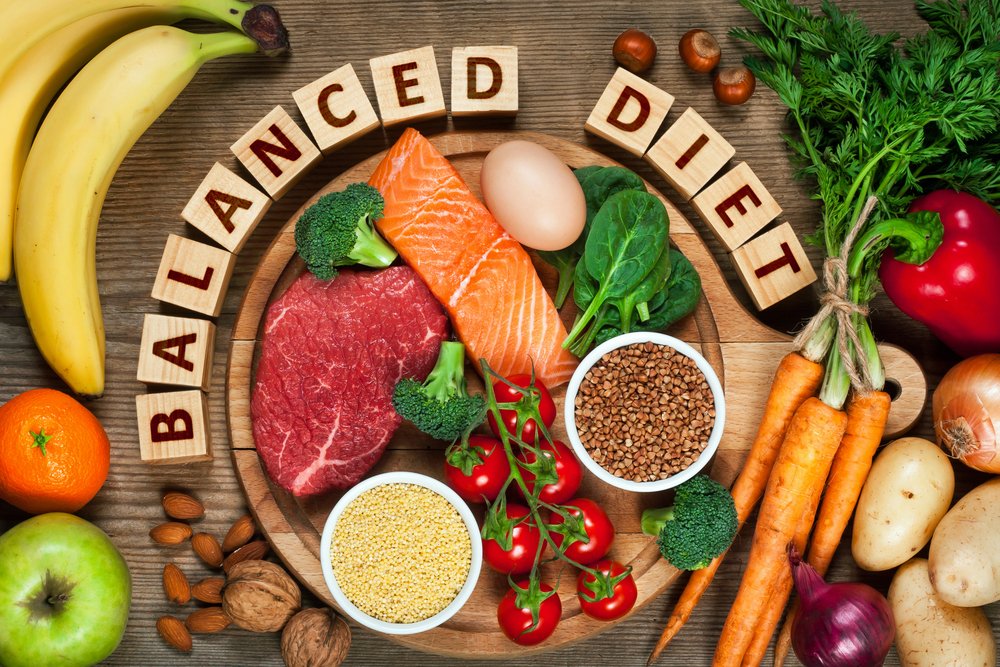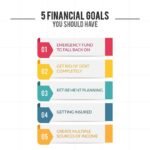What Is Nutrition?
Nutrition relates to the provision or intake of nutrition that will sustain and maintain health and growth. This therefore relates to the consumption of both macro-nutrients, such as proteins, carbohydrates and fats, and micro-nutrients that include vitamins and minerals necessary by the body to effect roles such as energy, repair and immunity.
Defining Diet
This is the food and drinks you consume50% .The best diet is likely the one that suits your body type, preferences, and lifestyle.

Macronutrients
The source of proteins gets converted for building and tissue repair, such as from meat, eggs, and legumes.
It gets its energy from whole grains, fruits, and vegetables.
Fats: These are the macronutrients required for your brain performance and hormonal balance. Nuts, seeds, and oil are its examples.
Nutrition and Diet
Although they are necessary in small measures, still their function is very crucial:
Vitamins: It causes the strengthening of the immunity of one’s body and helps in the formation of skin and bones.
Minerals: It aids in the activities like heartbeat and oxygen transport.
Some of the regular sources are: Green-leafy vegetables, dairy products, nuts.
Hydration is added
Staying hydrated is just as crucial for nutrition as maintaining a balanced diet. Water aids in digestion, helps regulate body temperature, and plays a key role in detoxification. Drink at least 8-10 glasses of water in a day; this might differ according to your life and surroundings.
Nutrition Balance.
Nutrients both in adequate supply and in what can be chemically-balanced quantity within the diet would suffice. A diet should comprise;
50% of vegetables and fruits
25% of whole grains
25% proteins
Healthy fats, use them sparingly
Nutrition Diet Chronic Diseases
Malnutrition causes chronic diseases among them is;
Diabetes:
The sugars are gathered, therefore peaks of blood sugar.
Heart Disease: Levels of saturated fats and trans fats raise cholesterol
Obesity:
Many processed and calorie-rich foods consumption leads to overweight.
This can be prevented by adopting whole foods and portions.
The Role of Fiber in Dieting
Fiber aids digestion and often prevents constipation besides reducing cholesterol levels. Some examples would include oatmeal, beans, and fruits. Its recommended amount is said to be something close to 25–30 grams for optimal health.
Definition of Superfoods Nutrition and Diet
Superfoods are packed with nutrients and provide a variety of health benefits. Some of the top items on this list include:
Blueberries: They are loaded with antioxidants
Quinoa: Complete protein
Turmeric: Anti-inflammatory
Top Popular Diets Today
Among the hundreds of diets promising fast results, some are really difficult to follow
Keto: Low in carbohydrate, high in fat for weight loss
Vegan: Eat only from the plant motivated by both ethics and potential health benefits
Intermittent fasting: Eat only within the most drastically narrowed windows of time.
Select the diet that would suit the ideal health and your lifestyle.
Food Psychology Nutrition and Diet
Most of the emotions are related to food. The reasons why one is over eating or junking are because of stress, boredom, or happy moods. Mindful eating helps track portions, and has better food options.
Exercise, coupled with a healthy diet, doubles the benefits that a healthy diet does to you. Physical activity:
Calorie burn off
Keeping heart and blood vessels healthy
Improves mood
Make some time for at least 30 minutes of moderate exercise per day.
Healthy Nutrition and Diet
Healthy diets will also focus on your health and that of the environment too. Choose any one of the following:
Locally sourced fresh produce
Reduce consumption of more meats
Reduce food wastage
All the above methods will save you for the environment and other moral practices besides.

FAQs
Q1: What is the healthiest diet for me to lose weight?
Superfoods are packed with nutrients and provide a variety of health benefits. Some of the top items on this list include:
Q2: How should I start eating healthy Nutrition and Diet?
You begin by replacing the processed food with whole foods then add more fruits and vegetables
Q3: Snacking bad for me Nutrition and Diet?
Healthy snacking will not make you overeat at meal times. Think of nuts, yogurt, or fruits.
Q4: Do I have to cut on fats Nutrition and Diet?
No, you also require healthy fats, like those in avocados and nuts
Q5: How much protein do I need?
The recommendations are at least 0.8 grams of protein per kilogram body weight; the intake may vary depending on level of activity.
Q6: Do I really need to take supplements?
Nutritional supplements will fill in gaps, but the first place should be the food.



Pingback: Financial Independence Tips - trending